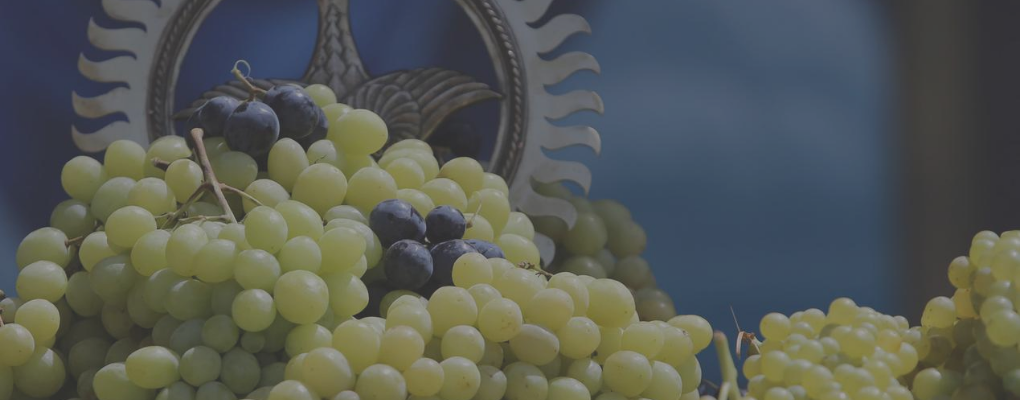Today, we gather to celebrate the Assumption of St. Mary, a special day in our faith. According to tradition, we bless grapes, and by consuming them, we receive divine blessings. This isn’t just a symbolic act or an abstract idea; it’s something real and powerful. The liturgy of the grape blessing makes it abundantly clear what this blessing is and how it impacts us. For instance, during the service, we hear the words, “the intelligible grace of Your blessings shall join the spirits of those who eat it, and they shall receive cleansing and remission from sins by eating this.” Wow! The intelligible grace of God’s blessings shall join our souls, and we will be nothing less than cleansed and find remission of sins. Here, simple and ordinary grapes obtain an almost eucharistic function and power.
The blessing of grapes is just one example of how we experience divine grace through various blessed substances in our traditions. There are countless other services where we connect with God’s grace through elements like water, butter, oil, myron, salt, mash, matagh, sweet basil, and more. Each of these substances, though ordinary on their own, function in extraordinary ways when blessed, carrying the power to touch our souls and bring us closer to God.
But what does this all mean? What is the significance of these traditions? And what can we learn from these liturgical services about God and our faith?
Each of the substances we bless, distribute, and receive grace through is unique in its own way. Take water, for instance—abundant, ordinary, something we encounter every day. Yet, when blessed, it becomes a powerful symbol of purification and renewal. On the other hand, there are elements like Holy Myron, which are precious and deeply historical. The Holy Myron traces its origins back to the time of Christ and is rare, as it is used to anoint us only once in our lifetime. The preparation and blessing of Holy Myron is a sacred event, occurring only once every seven years or so, and it is a profound ceremony led by the Catholicos and bishops.
We could continue comparing and contrasting these liturgical blessings and traditions, examining their origins and differences. Some, like butter, mahs, and matagh, are derived from animals, while others, like basil, mash, and salt, come from the earth. They differ not just in origin but in form—some are solid, others liquid. Each one has its own distinct taste, smell, shape, color, and texture. This rich diversity in the elements we bless and the ways we receive divine grace through them is both fascinating and deeply meaningful.
What I learn from this rich diversity and contrast is a powerful reminder: just as the church uses these various materials and means to distribute divine blessings within the community, so too does God find countless ways to step into our lives. No matter what we are going through, God will use any and every instrument, substance, person, personality, entity of every type and nature, and every event and circumstance to reach His children. He will envelop us with His immense love, care, and blessings, using whatever is at His disposal to connect with us, comfort us, and guide us. God’s grace is boundless, and His ability to reach us is limitless.
He will never tire, He will never give up, and He will not stop or hesitate to seek us, to shield and shelter us. And if, only if we recognize His presence, His voice, and make just a single step towards Him, then, just as it is so beautifully depicted in the parable of the prodigal son, He will run towards us. He will embrace us and bring us into His very presence, into His joy, comfort, safety, and security. God’s love is relentless, and the moment we turn towards Him, even slightly, He responds with an outpouring of grace and affection, welcoming us back with open arms.
If we could ever catch even the tiniest glimpse and truly understand all the effort that God makes every day, every minute, and every second to protect, guide, bless, and teach us, we would be humbled to the very core of our souls and existence. It is then, and only then, that we would truly grasp the profound meaning behind the words we sing and pray during the Badarak: “Hamenaynee orhnyal yes Der”—”In all things, blessed are you, O Lord. We bless you, we praise you; We give thanks to you; We pray to you, O Lord our God.” With this deep understanding, our hearts would overflow with gratitude and reverence for the relentless love and care God bestows upon us every single moment.


